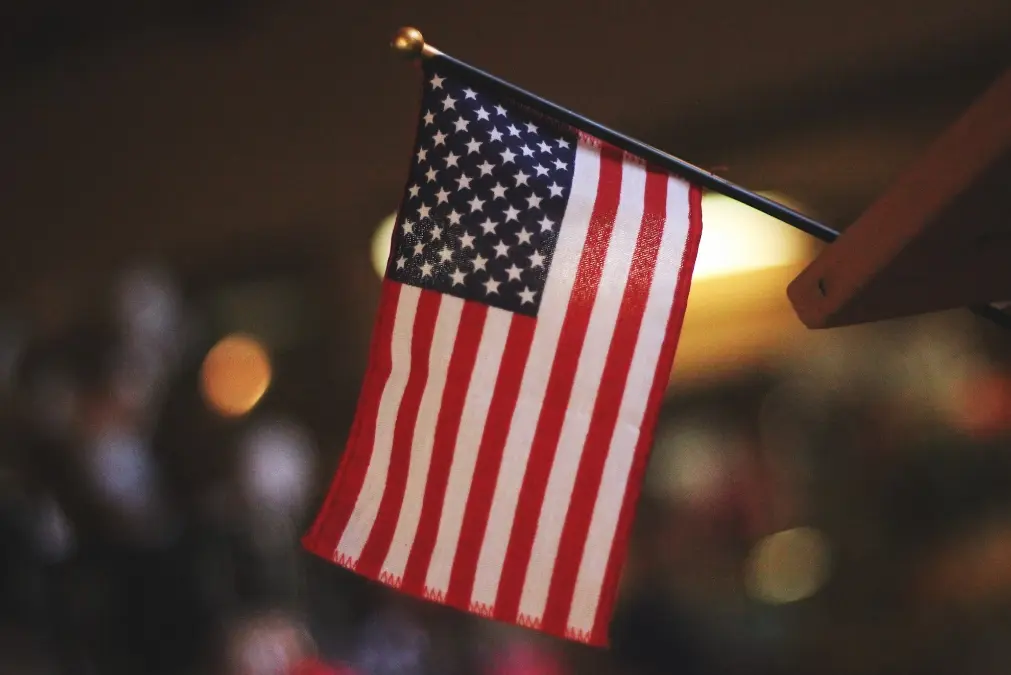
Differences Between UL and FCC Certification in the US
FCC Certification
FCC certification, also known as the U.S. Federal Communications Commission Certification, is regULated by the Federal Communications Commission (FCC), an independent U.S. government agency established by the COMMUNICATION ACT of 1934 and accountable to Congress. Most radio frequency devices, communication products, and digital devices require electromagnetic compatibility (EMC) certification to enter the U.S. market, which necessitates fcc approval.

UL certification
UL stands for Underwriters Laboratories Inc., a well-known private institution specializing in safety testing and certification. UL is one of the most authoritative organizations in the U.S. and one of the largest globally in the field of safety testing. It operates as an independent, profit-oriented, and professional entity focused on public safety testing.
Key Differences Between FCC and UL Certification
1. Scope of Regulated Products
- FCC: Covers EMC and RF testing, applicable to electrical products.
- UL: Applies to almost all products, regardless of whether they are poweRED.
2. Certification Type
- FCC: Mandatory certification.
- UL: Voluntary certification, though it holds high recognition in the U.S. market.
3. Responsible Organizations
- FCC: Managed by the U.S. federal government through the Federal Communications Commission.
- UL: Overseen by a highly authoritative private commercial institution.
4. Factory Inspections and Annual Audits
- FCC: No factory inspections or annual audits required.
- UL: Factory inspections and annual audits are mandatory.
5. Application Time and Costs
- FCC: Lower costs and shorter processing time.
- UL: Higher costs and longer processing time.
6. Application Complexity
- FCC: Relatively simple, as no factory inspection is required, and authorized institutions can issue certifications.
- UL: More complex and stringent, with certifications issued only by UL itself, as it does not authorize other entities.
fcc certification process:
1. Applicant submits the application form, signs a contract, and makes the payment.
2. Applicant prepares testing samples and provides product documentation.
3. A draft report is issued, confirmed by the client, followed by the formal report issuance.
4. If applying for fcc sdoc, the project is completed at this stage. For fcc id applications, reports and technical documentation are submitted to a TCB (Telecommunication Certification Body).
5. TCB reviews and issues the FCC ID certificate along with the formal report.
6. Once certified, the fcc logo and relevant statements can be applied to the product.
UL Certification Process:
1. Project Confirmation: Define applicable UL standards, certification fees, processing time, and required sample quantity.
2. Document Preparation: Applicant prepares all necessary documentation as per UL requirements.
3. Sample Testing: Samples are sent to the designated lab for testing.
4. Report Issuance: If the test results meet UL standards, the final report is issued.
5. Factory Inspection: UL conducts an initial factory inspection to ensure compliance with standards.
6. Mark Usage Authorization: Upon successful inspection, the applicant is authorized to use the UL mark on their products.
Email:hello@jjrlab.com
Write your message here and send it to us
 European Toy Safety Standard EN 71-20:2025
European Toy Safety Standard EN 71-20:2025
 EN 18031 Certification for Connected Devices on Am
EN 18031 Certification for Connected Devices on Am
 Compliance Guide for Portable Batteries on Amazon
Compliance Guide for Portable Batteries on Amazon
 2026 EU SVHC Candidate List (253 Substances)
2026 EU SVHC Candidate List (253 Substances)
 LFGB Certification Cost and Timeline Guide
LFGB Certification Cost and Timeline Guide
 Bluetooth FCC Test Report
Bluetooth FCC Test Report
 Is FCC Testing Required?
Is FCC Testing Required?
 Where to Find FCC Test Reports
Where to Find FCC Test Reports
Leave us a message
24-hour online customer service at any time to respond, so that you worry!




